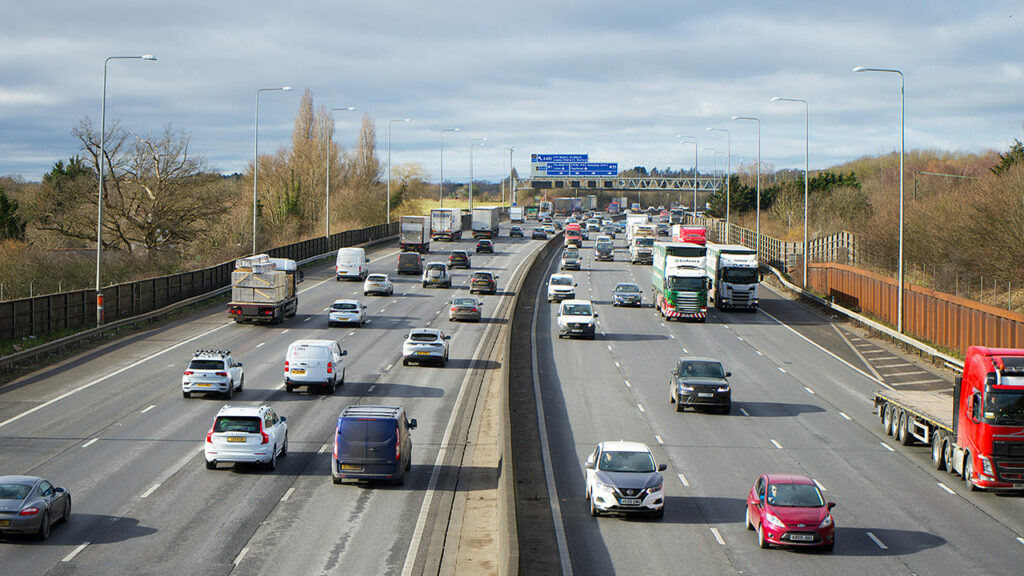
Our commitment to reducing carbon emissions related to work travel
The National Centre for Atmospheric Science is committed to reducing carbon emissions related to travel for work.
This commitment is echoed across UK Research and Innovation (UKRI), the Natural Environment Research Council (NERC), other funding bodies, our host institutions, and our partner organisations – as part of a common goal of achieving net zero by 2040. The Concordat for the Environmental Sustainability of Research and Innovation Practice also highlights emissions from business and academic travel as a priority area for delivery.
Reporting carbon emissions related to work travel
As we collaboratively move towards net zero carbon emissions, it is important to gather information on our travel for work.
We need to collect data about work travel on a regular basis so we can accurately track our progress, make adjustments to our actions, fulfil our responsibilities under the Concordat, and report against our net zero commitment.
We recognise the need to minimise the administrative burden of reporting work travel, and therefore will capture data annually via established channels and financial reporting mechanisms. We will work closely with site leads to collect data in an efficient and timely manner. These channels include the partner travel management companies and rental agencies, therefore to be included in the NCAS travel footprint travel should be booked through the recommended channels.
NCAS is committed to the wellbeing and security of its employees, in particular the safety considerations of, for example, travel undertaken late at night, in higher risk locations, or as solo travellers. All employees are responsible for ensuring that travel is undertaken with due consideration of personal safety and security, and that this remains the key factor in all travel related decision making.
Accessibility needs are of the utmost importance when defining travel requirements for any occasion. Employees with additional requirements, including accessibility, wellbeing, or safety considerations, should follow guidance and seek advice from their employer, line manager, and the NCAS People Team. We encourage people to seek reasonable adjustments as required to ensure they feel their needs are met.
Choosing climate conscious work travel options
The UKRI policy statement on business expense claims, business travel and subsistence also provides useful guidance. Staff are also encouraged to seek guidance from their host institutions about sustainable travel options and policies.
If there are any questions or conflicting guidance, we recommend staff get in touch with our Environmental Sustainability Manager Sophie Clay to run through scenarios on a case by case basis.
UKRI-NERC have set out 4 factors to consider before booking travel for work: health / safety / wellbeing / security, environmental impact, cost, and work needs.
The environmental impact “decision factor” is then further broken down into a series, ranked from highest priority to lowest: virtual first and smarter meetings, active travel, public transport, ULEV and rental vehicles, private cars, and flying.
Virtual first
Video conferencing or a meeting over the phone should be the first choice alternative to travelling, if the same work needs can be met through remote attendance. This excludes the personal commute from home to work, where decisions depend upon individual contracts and host institution guidance.
You can make the most out of virtual meetings with efficient preparation and facilitation. Groups of colleagues can choose to dial in together from an on-site conference room on site.
Active travel
Active travel is the second choice. Active travel means moving by people-power, for example by walking, wheeled mobility aid, and by bike or e-bike.
Public transport
Taking public transport is the third choice, where staff choose to travel for work by bus, tram, subway, train, or ferry.
ULEVs or rental vehicles
Using an ultra low emissions vehicle is next, including hybrid or electric vehicles, or the use of rental vehicles.
Private cars
Using a staff-owned vehicle is the next choice,
Flying
The final travel for work choice would be to fly. Flights tend to have the highest carbon emissions, but driving some medium-large petrol cars can result in a higher carbon footprint than some short-haul, long-haul, or domestic economy class flights.
UKRI-NERC is required to meet government targets to reduce the number of flights taken each year, and so staff are discouraged from taking UK domestic and European flights when there are other reasonable alternatives. Alternatives to flying include virtual first and smarter meetings, active travel, public transport, ULEV and pool vehicles, and private car use. To eliminate international travel for work by flying, national or regional hubs could be organised for in-person exchange of ideas and networking. These hubs could also attend international meetings and events virtually, as a group.
Group travel
Where appropriate, we encourage the use of group travel to reduce environmental impacts and minimise administration associated with travelling.
